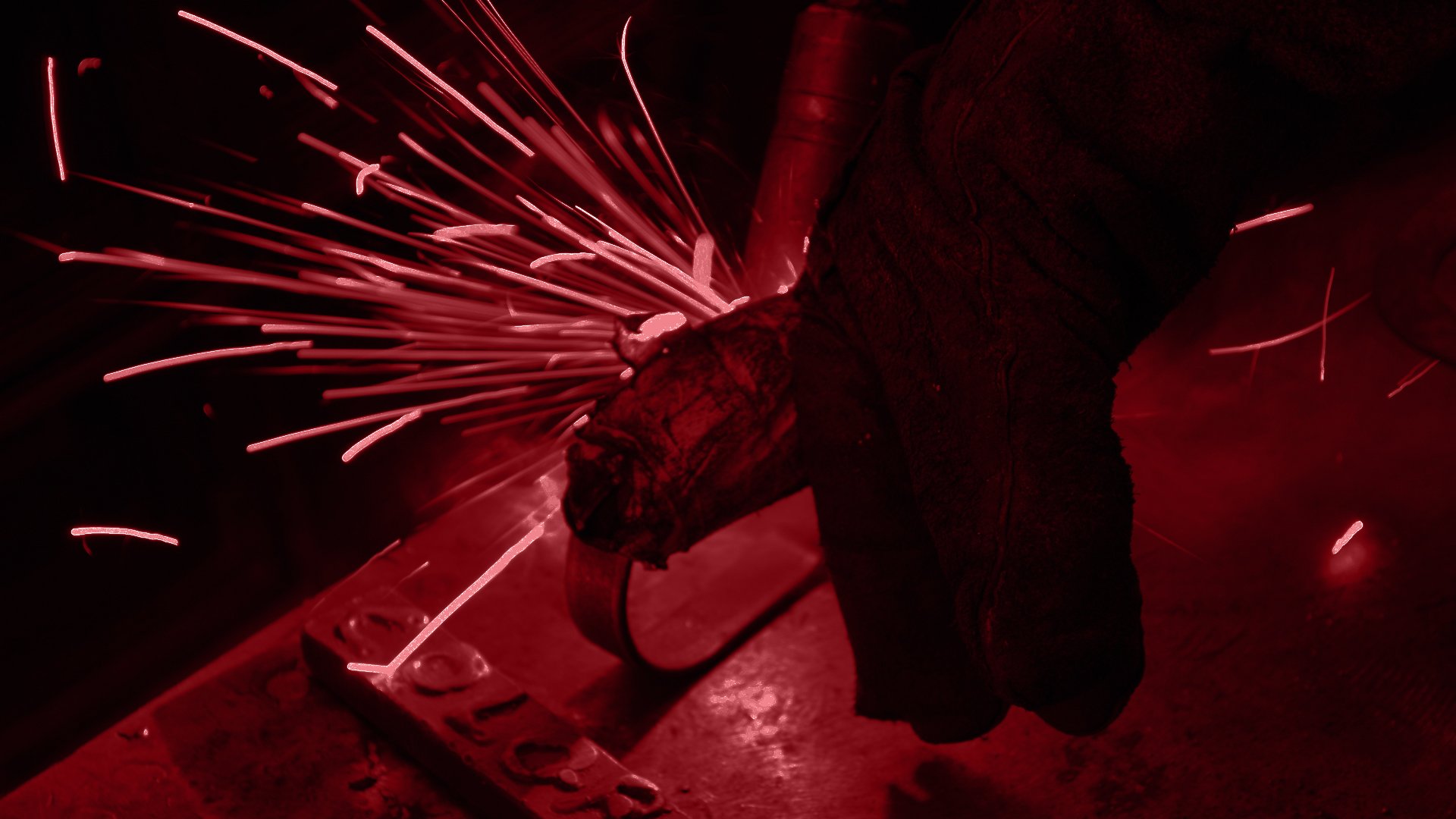
Episodes
Search episodes:
Browse by category
Making discoveries to help forests thrive and survive
How do forests thrive and survive? That is the focus of what Dr. Sally Aitken does, in her role as professor and researcher at the University of British Columbia. While her specialty is in forestry, part of her role also involves teaching non-forestry students about the topic, on top of her research and work with graduate students and colleagues – after all, as she says, research is a collaborative effort.
Keeping our waters and marine life sustainable and healthy
How can we keep our oceans sustainable? As CEO of Ocean Wise, Lasse Gustavsson leads a team that sets strategies to keep our waters strong and also make the organization known to the public. This involves reaching out to governments, corporations, and the general public.
Sparking discoveries in genetics and inspiring future geneticists
What makes up a species? And can you combine different types of life in new ways? These are the questions that Dr. Christopher Mason tries to answer, as a geneticist at Weill Cornell Medicine, the medical school of Cornell University. Much of his efforts need funding, which he seeks continuously, and teaching the next generation of genetic scientists. His work takes him all over the world – and beyond, as he also examines long-term health effects of NASA astronauts in space.
Producing the World Happiness Report and promoting personal wellbeing
Did you know there is a World Happiness Report? That is what John Helliwell devotes his professional life to, creating metrics and analyses to measure happiness around the world in order to influence decisions that promote personal wellbeing – a far cry from where he thought he would end up.
Exploring the stories and data behind our food
For Dr. Sylvain Charlebois, his job is connecting the dots in food systems. For example, how do flavours, labels, prices exist the way that they do? To him, there is a story behind the data of food and it is his job to make it available to the public.
Researching and promoting agriculture and the food industry
Lenore Newman is an agricultural expert whose job consists of two parts: research in food and agricultural innovation and advising the provost of the University of the Fraser Valley on agricultural directions and projects. She also plays a mentorship role to those aspiring to enter the agricultural industry, whether it be in business or research.
Researching cancer and making use of discoveries
Dr. Sam Aparicio of BC Cancer, studying medicine was always the plan, but research became his passion. Unbeknownst to him, research also involves many skills that didn’t expect, such as grant-writing, which he had to learn along the way. This led him down other side pathways, such as starting a biotech company to commercialize some of the findings in the genomics field.
From geology to public affairs: Shifting a career
Every day is different for Allison Macfarlane – and she would have it no other way. Despite her position as a director of a public policy affairs faculty, her journey didn’t start there – in fact, her education moved her to places like the Himalayas, Ecuador, Greece, and more. Her decision to change fields from science led to a chance meeting, which fuelled a shift towards public policy; she hasn’t looked back since.
Discovering the importance of mindful cancer care
Cancer is a complicated topic involving different scopes – Dr. Linda Carlson knows that well. As a researcher, she focuses on all aspects of cancer care. This goes beyond traditional approaches, but also psychological aspects and using mind wellness as cancer care. Her findings are vital for a more holistic understanding of patient care.
Becoming one of Canada’s burn and wound experts
Dr. Aziz Ghaharya’s business is in research – and it really is like running a business, from idea development to funding to reaching the finish line. And the competition is tough. He didn’t start out as a burn unit researcher; by using other studies as stepping stones, he was able to become a full professor and one of Canada’s foremost experts in burn and wound health.
Studying what it means to be human in a complex world
Nick Bostrom’s job is to think about humanity – after all, as a philosopher in a complex world that has the rise of artificial intelligence, there is a lot to think about. When he started out in his career, academia was the only field where he could do that kind of work. But in today’s world, his work at the Future of Humanity Institute has gained importance as society starts to question how humans work with technology and artificial intelligence, and what that means to being human.
Discovering a passion for analyzing public policy and politics
For Roger Pielke, the best part of his job is having ears on the ground for public policy. His role as a professor was not surprising, coming from a family of academics. But his passion wasn’t discovered until a chance trip to Washington, DC, where he discovered how politics and policy can turn on a dime and require trust in order to function.
Becoming a plastics expert thanks to great teachers
When a large company needs a revolutionary new plastic and can’t figure out what to do, they come to Chris DeArmitt. He got into it when a fellow scientist told him that the demand for plastic knowledge is more than the supply of plastic itself, inspiring him to start his journey. And being taught to “use your own brain” growing up and surrounded by great teachers, this career’s pathway seemed to be tailor-made for him.













